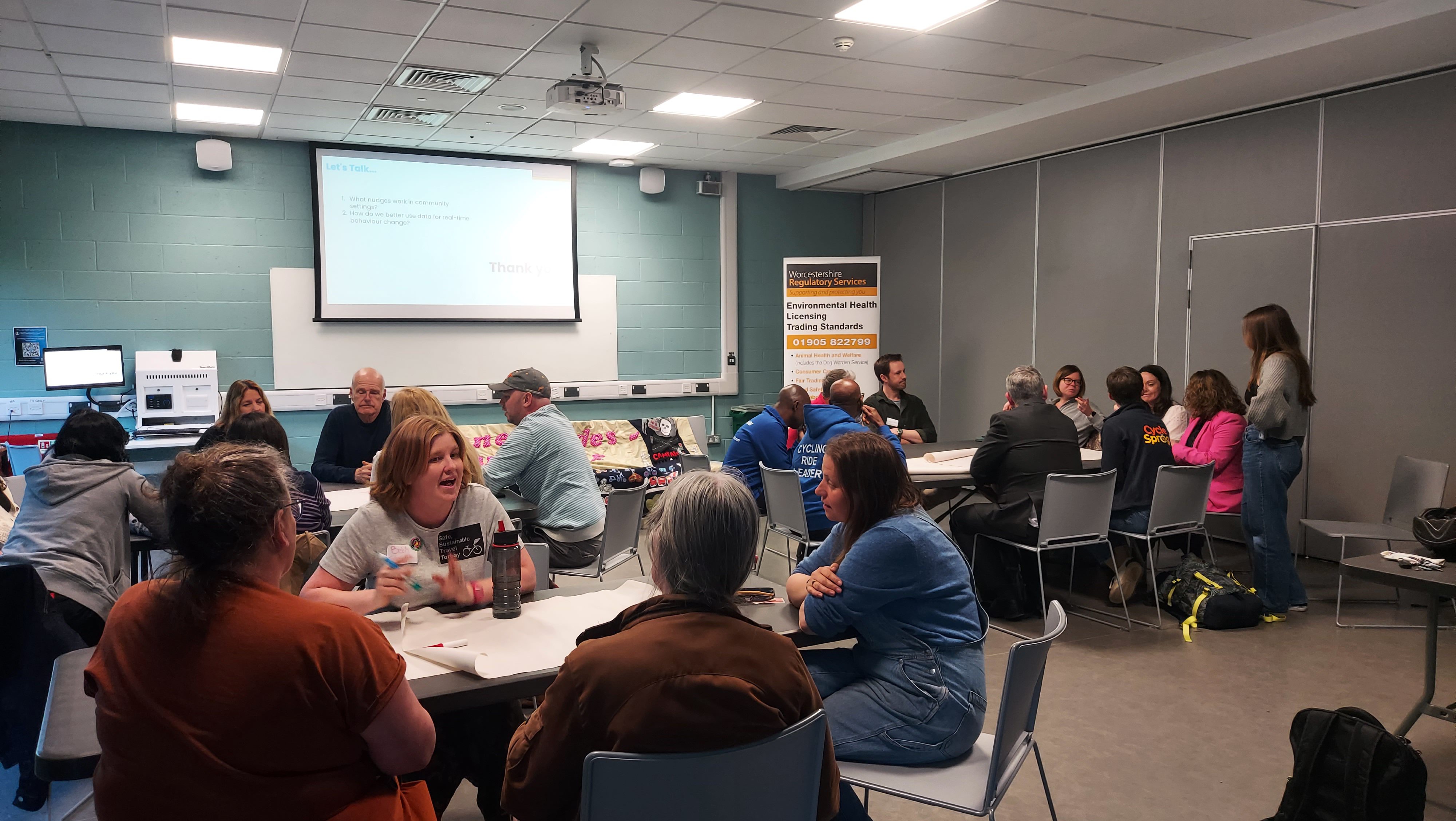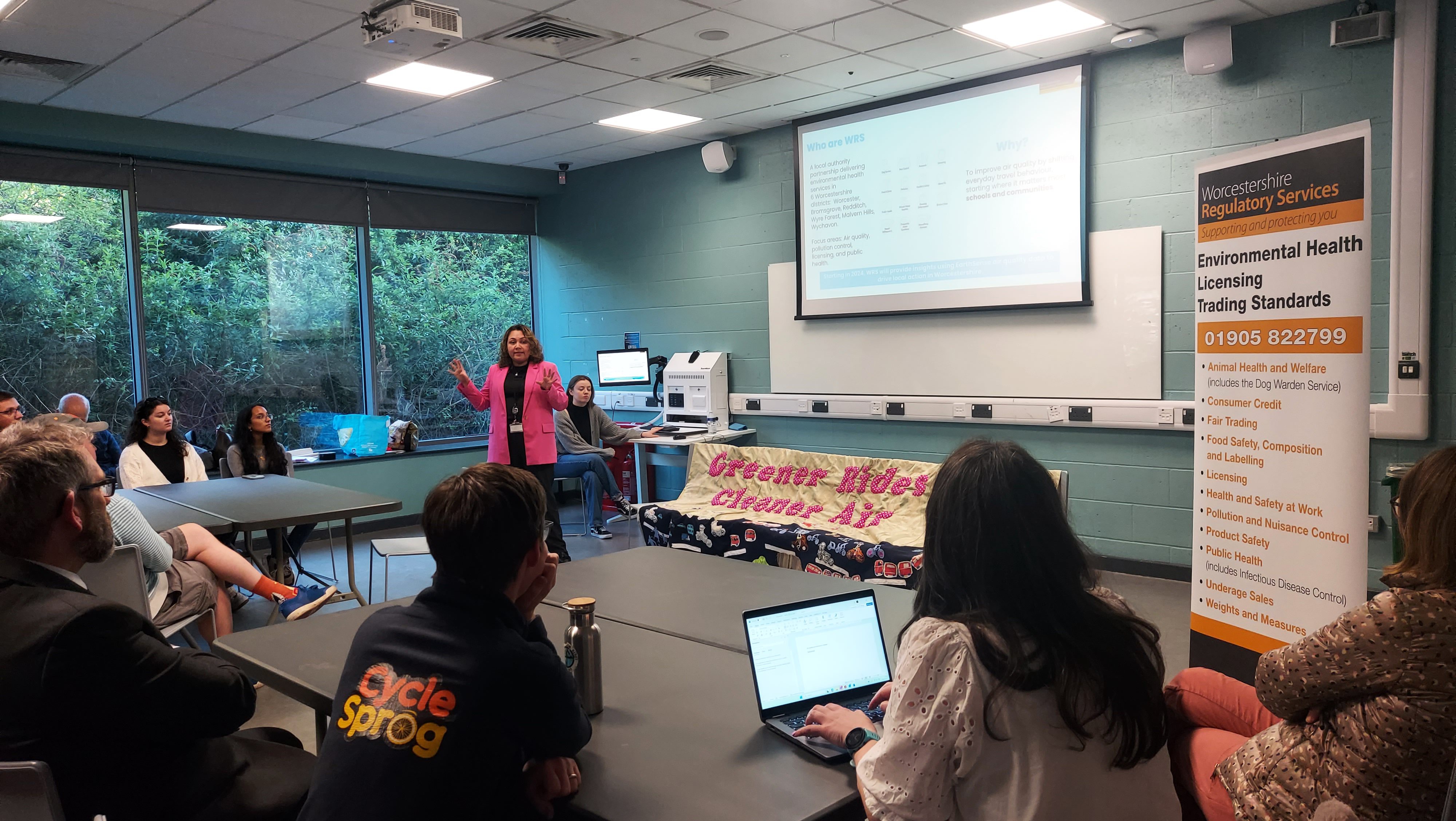.In a collaborative effort between Worcestershire Regulatory Services (WRS), the University of Worcester, and local partnership primary schools, a student-led research team has taken a creative and community-driven approach to combat traffic-related air pollution (TRAP). Their mission? To raise awareness and inspire action among students and parents through a hands-on educational toolkit.
The Problem: Air Pollution on the School Run
Air pollution, especially from car emissions, is a growing concern in the UK. In Worcester, nitrogen dioxide (NO₂) levels have exceeded safe limits, leading to the cities designation as an Air Quality Management Area in 2019. Children are particularly vulnerable to the detrimental health effects of pollution, making the school commute a critical focus.
The Research: Understanding Habits and Barriers
The team conducted:
- Observational studies at two primary schools to assess traffic and travel patterns.
- Surveys and interviews with parents and students to understand commuting behaviours and awareness of air pollution.
Key findings included:
- Time constraints and work schedules often prevent parents from walking or cycling with their children.
- Safety concerns—especially in areas with busy roads—discourage independent travel.
- Low awareness of air pollution’s health impacts among parents.
- Increased pupil engagement levels when the teaching and learning activities are fun and interactive.
The Solution: Breathe Better Toolkit
The result of this research is the “Breathe Better Worcestershire Air Quality Toolkit”, a vibrant collection of educational resources and games designed to:
- Promote active travel (walking, cycling).
- Teach children about air pollution and road safety.
- Encourage parental involvement through accessible information.
Toolkit highlights include:
- Active travel bingo and incentive programs.
- Coloring sheets, mazes, and a board game called “Go Green or Go Back!”
- Information sheets on pollution’s health effects and sustainable travel tips.
Challenges and Lessons Learned
Despite its success, the project faced hurdles:
- A tight four-week timeline limited data collection.
- Low parent participation skewed survey results toward already eco-conscious families.
- Limited qualitative data restricted deeper insights.
Recommendations for the Future
To build on this work, the team suggests:
- Expanding the toolkit for different age groups.
- Involving school leaders and policymakers.
- Conducting pre- and post-implementation air quality assessments.
- Using face-to-face recruitment and focus groups strategies for richer data.
A Breath of Fresh Air for Education
This project is a shining example of how community engagement, education, and sustainability can come together to tackle environmental challenges. By empowering students and parents with knowledge and tools, Worcester is taking meaningful steps toward cleaner air and healthier futures.
A workshop was held at the International Bike Bus conference organised by Bike Worcester to help inform our background knowledge.


Below are some components from our toolkit to engage and educate parents and students in
the Worcestershire community. Scroll down further to watch the student researchers presenting their work.






Listen to our presentation of this research.
To access our toolkit, please get in touch with e.lengthorn@worc.ac.uk or k.boom@worc.ac.uk.
A wonderful project to engage our school communities in their opportunities to combat congestion and air pollution with these practical and fun activities! Thank you for your hard work and innovation! Excellent!